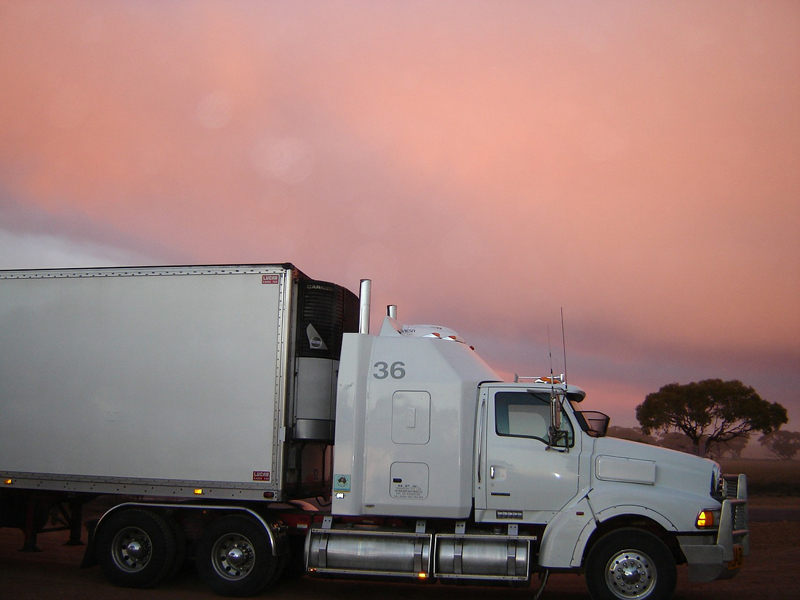Chain of Responsibility
What Does It Mean for Fleet Management

For businesses operating transport, logistics and fleet services there are usually a lot of moving parts and things tend to become pretty complex.
In these kind of organisations, safety is the top priority and fleet managers must ensure their operations are up to scratch. Chain of Responsibility (CoR) laws ensure that each party involved in the road transport supply chain manages their contribution to the process as a whole.
This includes things like adhering to weight restrictions when loading vehicles, scheduling appropriate breaks and timeframes for drivers, and making suitable sleeping arrangements. Fleet managers need to be aware of the implications of the Heavy Vehicle National Laws.
When breaches do occur, often driver behaviour is reflective of a deeper problem: unrealistic expectations have been imposed by other parties in the supply chain.
The big picture here is that fleet managers require a comprehensive system of monitoring the entire spectrum of fleet activity to ensue safety is never compromised.
What is the Chain of Responsibility exactly?
Chain of Responsibility acknowledges the shared responsibility of all stakeholders in road transport and logistics operations. Previously the responsibility was primarily held by the drivers themselves. CoR formally recognises that there are multiple inputs in the supply chain, and the responsibility for safe operation should be shared effort.
Is there a Chain of Responsibility qualification fleet managers are required to have?
No, there is no official qualification that a fleet manager can gain that specifically relates to Chain of Responsibility management.
How can fleet managers minimise risk?
The overall performance and compliance of vehicles and drivers rests with the fleet manager. So, what is the most crucial thing fleet managers need to minimise risk? They need access to information.
Comprehensive reporting is the best way to reduce a manager’s exposure to risk. Implementing a reporting system that captures the vital activity of the fleet at any given point allows managers to monitor and proactively avoid behaviour at any point in the supply chain that might increase risk.
What are the penalties for non-compliance with Chain of Responsibility?
Breaches of Heavy Vehicle National Law (HVNL) are classified based on the degree of risk they represent. The greater the risk, the more severe the punishment. Offences are organised into 3 categories:
For more information on the NHVR penalties, check out their latest regulations here.
If you are responsible for the management of fleet vehicles, and would like to learn more about how GPS tracking can help your business get in touch with the My Fleet team today.
